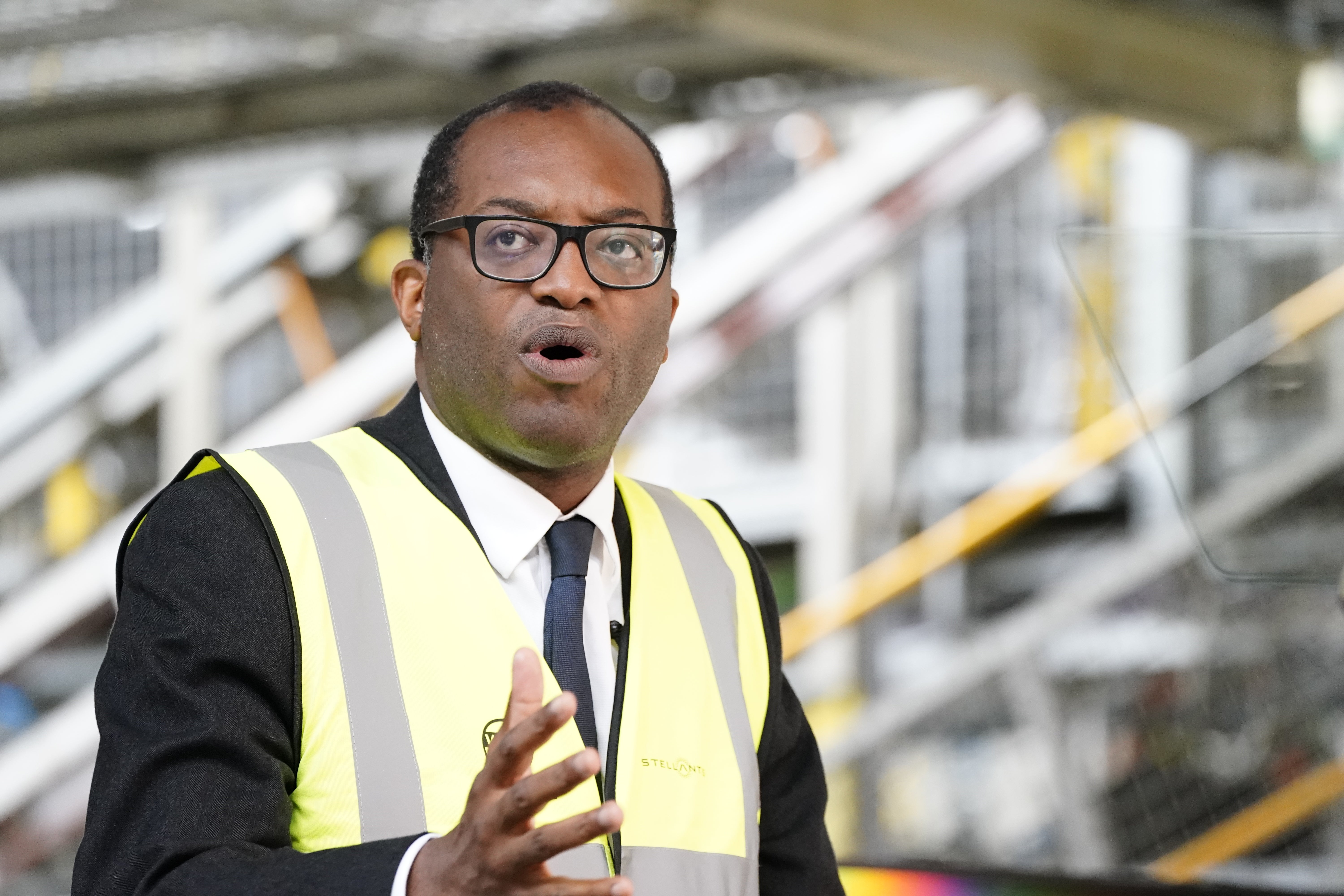The rise in natural gas prices is almost a parable, a real-life teachable moment for the Cop26 climate summit meeting in Glasgow in 1,000 hours’ time. What more salutary backdrop for a United Nations conference on the climate emergency than a sudden rise in the price of a fossil fuel, which makes the economics of wind, solar and even nuclear power look more attractive?
Unfortunately for the economics of renewables, the price rise is probably temporary. It would be foolish to predict what will happen, but the causes of the shortage of natural gas are mostly short term. The bounce-back of the world’s economies after the coronavirus shutdowns has been sharper than expected, and the surge in demand has surprised a market that had operated in a steady state for decades with low storage.
The gas market has been hit by the same surge in demand that has disrupted labour markets, especially that for lorry drivers, which has in turn exacerbated shortages in all parts of the economy. In Britain we have specific problems, such as, in the energy market, a fault with one of the electricity interconnectors with France, and in the labour market, Brexit, which makes it harder to recruit new workers from the EU to plug the gaps.
But this is a problem for the whole world, and it is worth using it as a chance to ask the representatives of all the countries gathering in Glasgow in November to think deeply about the economics of climate change, which is the ultimate global challenge.
Natural gas prices are likely to return to normal. An inconvenient truth for those, including The Independent, who want to end the burning of fossil fuels is that the world’s reserves of oil and gas are huge. Despite those warnings in the 1970s about the world running out of oil, it is not going to happen; and, obviously, it is even less likely to happen if the world reduces its consumption of fossil fuels. We cannot rely on scarcity and market forces to wean us off our dependence on carbon-based energy.
So this price rise will be reversed. In the meantime, there may be much displacement activity. “We are monitoring this situation closely,” a government spokesperson said. Secretary of state for business, energy and industrial strategy, Kwasi Kwarteng, was in urgent talks with energy industry leaders over the weekend, but there is little that he can actually do, except to allow the price mechanism to ration gas usage until more supplies come on stream. Mr Kwarteng said he “does not expect” there will be gas “supply emergencies” over the winter, and we had better hope that he is right.
Prime Minister Boris Johnson has set his face against “austerity”, but energy price rises along with general inflation at the same time as a £20-a-week cut in the incomes of those on benefits and of many low-paid workers, to be followed by tax rises next year, is beginning to seem like a financial squeeze for millions. When one in 10 of the entire population is also on an NHS waiting list, as the prime minister bracingly volunteered in the House of Commons on Wednesday, the temptation to reach for the language of Shakespeare and the analogy of the winter of 1978-79 becomes strong.
So the rise in energy prices makes our short-term problems worse, but let us hope it also helps to focus the minds of all the world’s representatives at the climate summit. We are still issuing licences for oil and gas exploration in the North Sea. China is still building coal-fired power stations. Germany is still trying to import more natural gas from Russia. All of these are going to have to change if we are to get a grip on the forces that are changing our climate. The price mechanism – putting a price on carbon – may have a role to play, but market forces on their own are not going to deliver. The world’s governments have to act, and they must do so this November in Glasgow.




Join our commenting forum
Join thought-provoking conversations, follow other Independent readers and see their replies
Comments